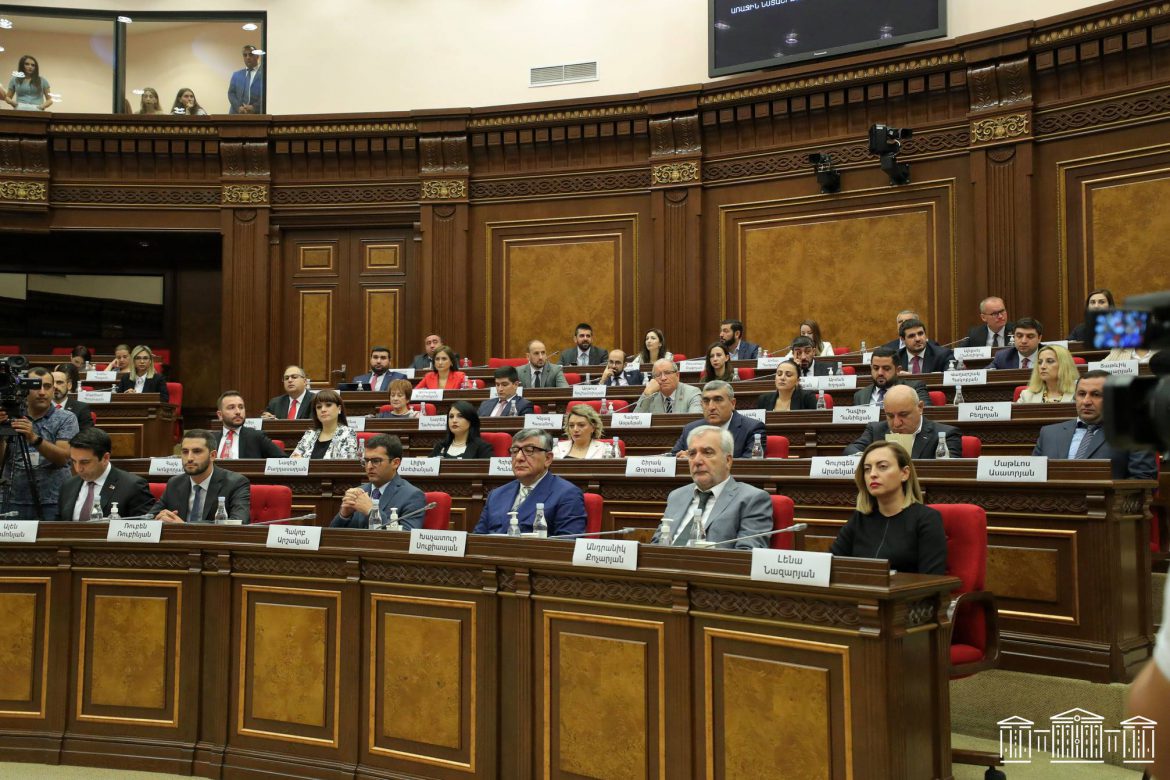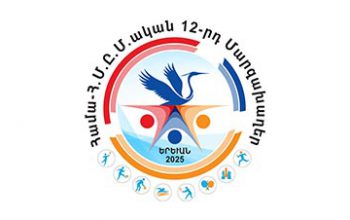Armenia’s ruling Civil Contract party on Wednesday blocked an opposition attempt to initiate a parliamentary inquiry into the socioeconomic challenges faced by refugees from Artsakh (Nagorno-Karabakh) and the effectiveness of government programs designed to assist them.
The opposition Hayastan alliance last week exercised its legal right to form a commission to investigate these issues. However, the pro-government majority in parliament refused to approve the composition of the commission, effectively halting its activities.
Majority leaders dismissed the opposition’s reasoning for the inquiry, claiming that Prime Minister Nikol Pashinyan’s government is doing everything possible to support the over 100,000 Karabakh Armenians who fled to Armenia in September 2023 after Azerbaijan’s military takeover of the region.
Opposition lawmakers, however, continue to receive daily complaints from refugees about their dire living conditions and inadequate government assistance. They criticized the ruling party for refusing to collaborate on assessing the effectiveness of the aid programs and finding alternative solutions.
Seyran Ohanyan, Hayastan’s parliamentary leader, suggested that Civil Contract may have blocked the investigation out of concern for Azerbaijan’s response. “The current Armenian authorities are a great gift for the Azerbaijani authorities,” Ohanyan remarked to the media.
Artsvik Minasyan, another senior opposition figure, echoed this sentiment, accusing the government of abandoning Artsakh. “This is yet another betrayal of Artsakh and should serve as a warning to our people,” Minasyan declared.
The opposition also aimed to investigate alleged “hate speech” directed at the refugees, which they claim has been encouraged by figures loyal to Pashinyan. A particular target of criticism was Gagik Melkonyan, a senior Civil Contract lawmaker, whose remarks last month about the refugees raised concerns.
“They [Karabakh Armenians] surrendered Artsakh and came here,” Melkonyan stated. “Now they should act like guests instead of wanting to become hosts. They were already hosts [in Armenia] for 20 years. That’s why this country is in the state it is.”
In June, leading political factions from Karabakh, now exiled in Armenia, issued a joint statement accusing Pashinyan’s administration of discrimination and orchestrating a smear campaign against Karabakh Armenians.
The statement followed a police raid on Karabakh’s representation in Yerevan, during which security forces seized a vehicle used by Samvel Shahramanyan, the exiled president. This raid occurred shortly after Pashinyan accused Karabakh’s leaders of encouraging anti-government protests in Yerevan, accompanied by threats of serious consequences.
While Civil Contract presents its efforts as robust and focused, growing dissatisfaction among opposition leaders and Karabakh refugees raises questions about the true impact of the government’s policies.




